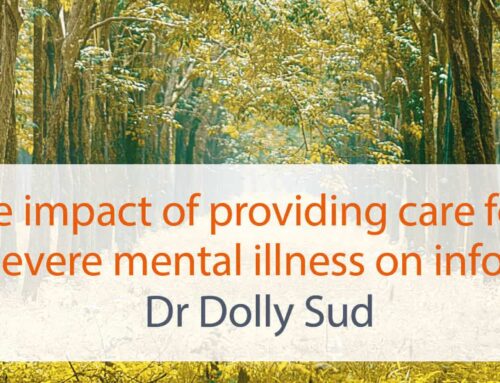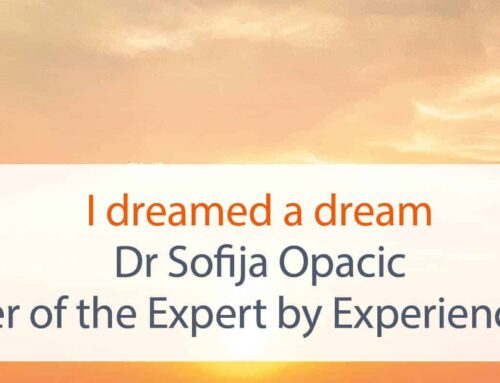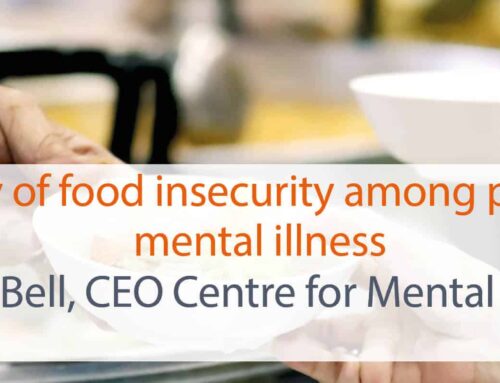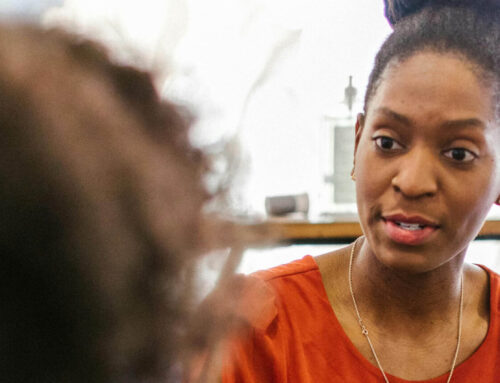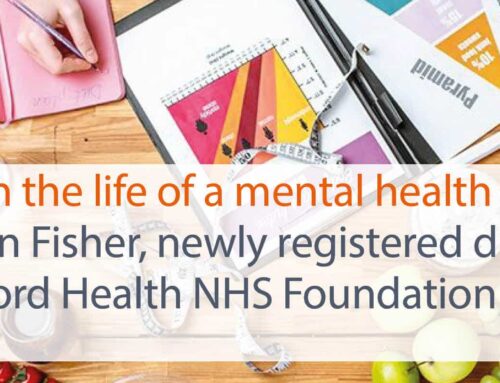 Dr Alan Cohen, Chair of the Clinical Advisory Group
Dr Alan Cohen, Chair of the Clinical Advisory Group
Equally Well – always has some risks. Will it succeed? Do we know what “succeed” looks like? What is going to mark Equally Well out as being unique? Why should anybody bother to join, let alone pay money in?
The one aspiration that everybody has for Equally Well is for it to deliver effective change. Change that improves physical health outcomes for people with severe mental illness. The biggest risk – and there are many – is that we all talk about Equally Well, but don’t change anything.
So, we are going to have “work programmes” that will help us to bring about change.
We have thought about how these work programmes are going to be structured and have come up with a consistent shape for them. Also, being new, we are not going to bite off more than we can chew, and so we are going to have just have two programmes in the first year. There are a number of tasks and objectives in each programme:
- Review the evidence of effective interventions – what works, what doesn’t work. Do the interventions have to be specific for people with a severe mental illness?
- Identify what training programmes are available. Identify if specific training programmes are necessary.
- Use the Equally Well learning network to disseminate the evidence from the reviews, and the need for training. Agree local implementation plans, as well as things to measure, that will demonstrate if there has been effective change
- Resources: Consider what resources – human, financial, other – are needed locally and nationally. If documents are needed, we will provide them on the Equally Well website.
- Evaluation: Use the learning network to review the measures of implementation and assess whether there is evidence of successful change. We will share the successes on our website
- Data and Audit: Consider what data is available nationally so that local data can be compared to the national dataset, and local problems understood.
The learning network is a key part of Equally Well, bringing together members to share knowledge and learn together. We will be organising a series of learning events for Equally Well member organisations to work with colleagues from their local health economy to create and implement action plans for equal health.
The two programmes? Smoking cessation is one – the health benefits of smoking cessation are significant both for individuals and for organisations like mental health trusts. The second programme is about obesity, diet and nutrition. Stopping people gaining weight so it becomes a health problem would be one aim and helping people who want to lose weight to do so in a planned and healthy fashion, a second aim.

